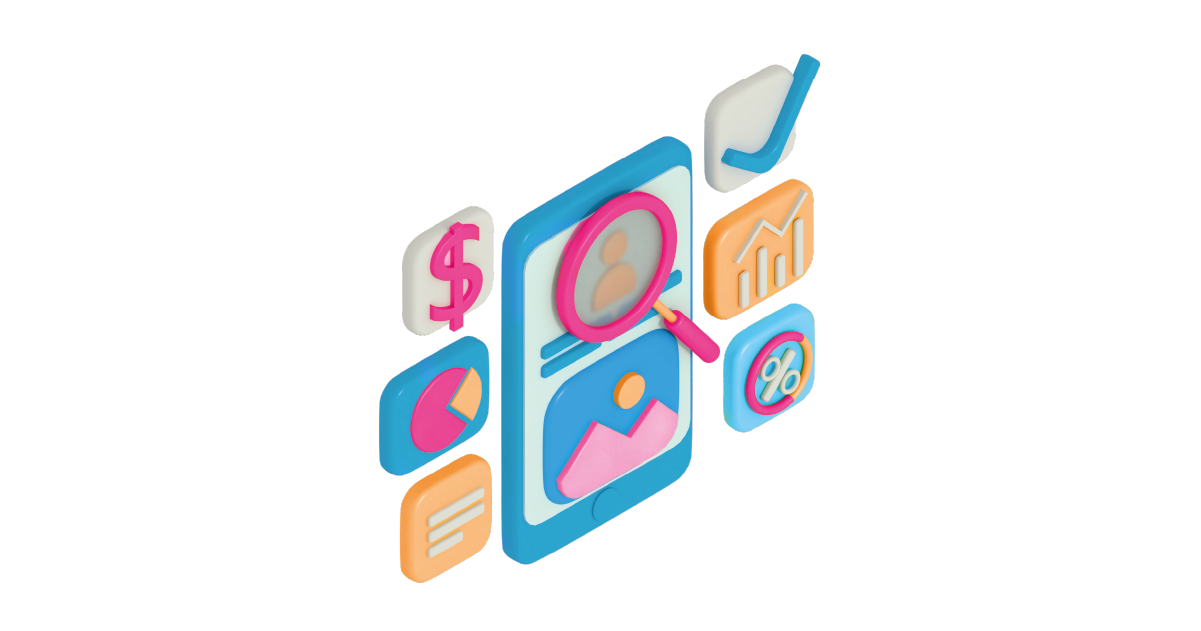In today’s data-driven world, the term “Social Data Intelligence” is more than just a buzzword—it’s a powerful tool that businesses are increasingly relying on to drive growth and innovation. But what exactly is social data intelligence, and why is it becoming so crucial? Let’s dive in.
Introduction to Social Data Intelligence

What is Social Data Intelligence?
Social Data Intelligence refers to the process of collecting, analyzing, and interpreting data from social media platforms to gain actionable insights. This data is often unstructured and comes from various sources, including tweets, likes, comments, shares, and even reviews. The goal? To understand consumer behavior, market trends, and brand perception in real-time.
Importance of Social Data in Today’s Digital World
In a world where social media is a significant part of everyday life, the data generated on these platforms is a goldmine for businesses. Social data intelligence allows companies to tap into this wealth of information to make informed decisions, tailor marketing strategies, and ultimately, stay ahead of the competition.
The Evolution of Social Data Intelligence
From Social Media Monitoring to Social Data Intelligence
Social media monitoring was once the primary way businesses tracked brand mentions and customer feedback online. However, with the exponential growth of social media, merely monitoring isn’t enough. Social data intelligence evolved as a more sophisticated approach, focusing on deeper analysis and providing actionable insights rather than just raw data.
Key Milestones in the Development of Social Data Intelligence
The journey from basic social media monitoring to advanced social data intelligence has been marked by several key milestones. These include the integration of AI and machine learning, the advent of big data analytics, and the rise of sentiment analysis tools, all of which have transformed how businesses interpret social data.
Core Components of Social Intelligence
Data Collection and Aggregation
The first step in social data intelligence is collecting data from various social media platforms. This involves aggregating data from multiple sources—Facebook, Twitter, Instagram, LinkedIn, and more—into a centralized system. This data is then cleaned and structured for analysis.
Data Analysis and Interpretation
Once the data is collected, the next step is analysis. This involves using advanced analytics tools and techniques, including natural language processing (NLP), sentiment analysis, and trend identification, to extract meaningful insights from the data. The goal is to understand what the data is telling you about your brand, competitors, and industry.
Actionable Insights and Decision Making
The final component of social intelligence is translating the analyzed data into actionable insights. These insights are then used to inform decision-making across various business functions, from marketing and sales to customer service and product development.
Benefits
Enhancing Customer Experience
By understanding what customers are saying about your brand in real-time, you can quickly address their concerns, improve your products, and create a more personalized customer experience.
Improving Marketing Strategies
Social intelligence helps you identify trends, understand customer preferences, and predict future behaviors, enabling you to tailor your marketing strategies for maximum impact.
Boosting Brand Reputation Management
With social intelligence, you can proactively manage your brand’s reputation by monitoring mentions, responding to negative feedback, and engaging with your audience in a meaningful way.
Challenges
Data Privacy and Security Concerns
One of the biggest challenges in social data intelligence is ensuring that data collection and analysis comply with privacy regulations such as GDPR. Businesses must be careful about how they collect and use social data to avoid legal repercussions.
Managing Large Volumes of Data
Social media generates vast amounts of data every second. Managing and analyzing this data in real-time can be overwhelming without the right tools and infrastructure.
Ensuring Accuracy and Relevance of Data
Not all social data is useful. Businesses need to ensure that the data they collect is accurate, relevant, and timely to make informed decisions.
Social Data Intelligence Tools and Technologies
Popular Social Data Intelligence Platforms
Several platforms have emerged as leaders in social data intelligence, including Brandwatch, AIM Insights, and Talkwalker. These tools offer a range of features from sentiment analysis to competitive benchmarking, helping businesses extract valuable insights from social data.
AI and Machine Learning in Social Intelligence
Artificial intelligence and machine learning are playing an increasingly important role in social intelligence. These technologies enable more accurate sentiment analysis, predictive analytics, and automated responses, making the process more efficient and effective.
How Social Intelligence is Transforming Industries
Retail and E-commerce
In the retail sector, social intelligence is used to understand customer preferences, track trends, and optimize product offerings. E-commerce giants leverage this data to personalize shopping experiences and improve customer satisfaction.
Healthcare
In healthcare, social intelligence is being used to monitor patient feedback, track the spread of diseases, and even predict outbreaks based on social media activity. This real-time data can be crucial in managing public health.
Financial Services
Financial institutions use social intelligence to monitor market sentiment, track emerging risks, and even detect fraudulent activities. By staying ahead of the curve, they can make better investment decisions and protect their clients.
Case Studies
Case Study 1: A Retail Giant’s Success Story
A leading retail chain used social intelligence to understand customer sentiment during a major product launch. By analyzing social media conversations, they were able to identify and address customer concerns in real-time, leading to a successful launch and increased sales.
Case Study 2: How a Financial Firm Leveraged Social Intelligence
A financial firm used social intelligence to monitor market sentiment during a volatile period. By analyzing tweets and posts, they were able to predict market movements and make timely investment decisions, resulting in significant profits.
Best Practices for Leveraging Social Intelligence
Integrating Social Data with Other Business Data
For maximum impact, social data should be integrated with other business data such as sales figures, customer demographics, and web analytics. This holistic view provides a more comprehensive understanding of your business.
Customizing Insights for Different Departments
Different departments within a business will have different needs when it comes to social data insights. Customizing reports and dashboards for each department ensures that everyone gets the information they need to make informed decisions.
Continuous Monitoring and Optimization
Social media is constantly evolving, and so should your approach to social intelligence. Continuous monitoring and optimization are key to staying relevant and making the most of your social data.
Future Trends
Emerging Trends in Social Intelligence
As technology advances, new trends are emerging in social intelligence. These include the increasing use of AI, the integration of social data with other types of big data, and the growing importance of visual data analysis.
The Role of AI and Predictive Analytics
AI and predictive analytics are set to play a major role in the future of social data intelligence. These technologies will enable businesses to not only understand what is happening now but also predict future trends and behaviors.
Preparing Your Business for the Future
To stay competitive, businesses need to start preparing for the future of social data intelligence now. This means investing in the right tools, training staff, and staying up-to-date with the latest trends and technologies.
Conclusion
Social intelligence is no longer a luxury—it’s a necessity for businesses that want to thrive in today’s digital landscape. By leveraging the power of social data, companies can gain deeper insights into customer behavior, enhance their marketing strategies, and stay ahead of the competition. As the future unfolds, the importance of social data intelligence will only continue to grow.
Ready to see how social data intelligence can transform your business? Request a demo from AIM Technologies today and discover the potential of turning social data into actionable insights that drive results.




